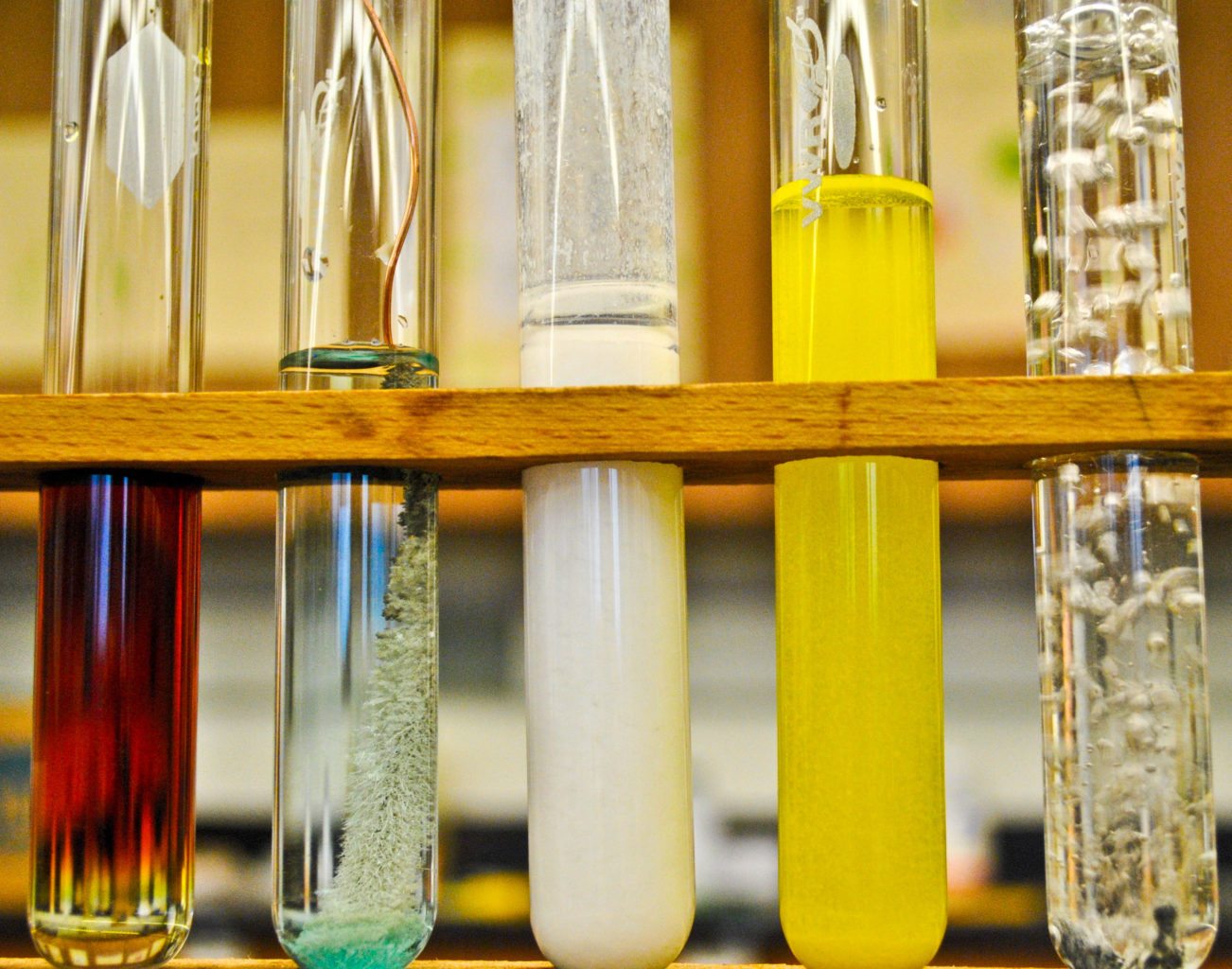Warwick chemist wins prestigious award
A Warwick chemist has won a Royal Society of Chemistry (RSC) award.
Professor Greg Challis, from the Department of Chemistry, won the RSC Interdisciplinary Prize for 2017 for his work on antibiotics and other natural molecules produced by microorganisms.
Challis explained that the goal is: “to create new medical and agricultural products to tackle global challenges such as antimicrobial resistance and sustainable agriculture”.
The Interdisciplinary Prize, established in 1986, is awarded for work at the interface between chemistry and other disciplines – Professor Challis will receive £5000, a medal and a certificate. He will also complete a UK lecture tour.
On receiving the prize, Professor Challis said: “It is a great honour for me to receive this prize in recognition of the highly interdisciplinary research conducted by the exceptionally talented team of chemists, biologists, mathematicians, physicists and engineers working under my supervision.”
“Their passion for and dedication to our shared vision of developing new ways to discover, understand and improve natural products for the benefit of humankind is a source of constant inspiration.”
The awards recognise the outstanding achievements by members of the society. Prize winners are evaluated on the originality and the impact (or potential impact) of their work, as well as the quality of their results (which can be shown in various ways – through publications, patents or software).
Chief executive of the RSC Dr Robert Parker said: “It is an honour to celebrate the innovation and expertise of our community through our prizes and awards.”
‘We know that chemistry can be a powerful force for good, and quality research and communication of that research are more important than ever before. Our charitable mission is to advance excellence in the chemical sciences, and we are proud to celebrate our inspiring and influential winners, who share that mission.’
50 previous winners have gone on to win Nobel Prizes for their work, including 2016 Nobel laureates Jean-Pierre Sauvage, Fraser Stoddart and Ben Feringa (for the design and synthesis of molecular machines).

Comments